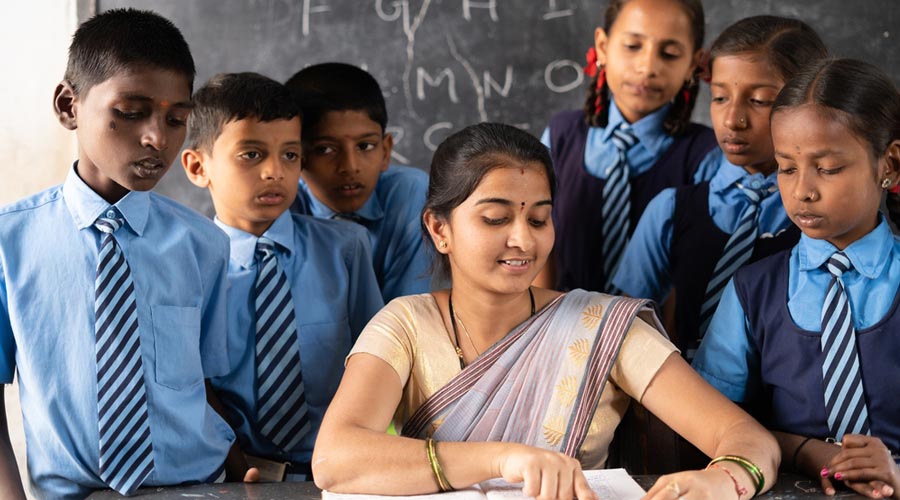Government schools are doing worse than private schools — in Assam at least. The chief minister of Assam, Himanta Biswa Sarma, prophesied a bleak future for government schools when speaking at Diphu. Referring to the drop in enrolment in these schools between 2012 and the present from 84 per cent to 68, he said that at this rate, they would have to close in 10 years, for they would be without students. Teachers would have to be given voluntary retirement at that point. Since a comparison with private schools was implicit in the Assam chief minister’s remarks, this could be interpreted as an augury of increasing private initiative in education, much favoured by Mr Sarma’s party. It cannot be denied, however, that government schools throughout the country, with a few exceptions, are not doing well. The two Covid years have hit them the hardest; one survey showed that a large percentage of children were unlikely to return after schools reopened. Government schools accommodate, among others, children from underprivileged backgrounds. Many have started work to help their families, especially after job losses, and most of them have been unable to keep up with lessons because they lack devices and data packs. For first-generation learners, this loss can be irreparable unless schools provide extra help. With schools sometimes running with one or two teachers, this is impossible.
The best schemes, whether of the Centre or of the state, may fail to achieve their goals if their implementation is inadequate. Government schools not only suffer from poor infrastructure, especially in remote or disadvantaged rural areas, but they may also be used for other purposes, such as quarantine centres. Government teachers are expected, while completing the syllabus, to be on duty during election time in various roles, during counting for the census, or for distributing midday meals with sparse or no insurance coverage during a pandemic. Mr Sarma was quick to blame teachers for the failure of government schools after spending years as education minister; no doubt he knows his state well. But a broader view would suggest that the difficulties that government teachers face have to be addressed as well. Government schools would thrive when the government is able to respect its students and teachers, the learning process and its own institutions.











